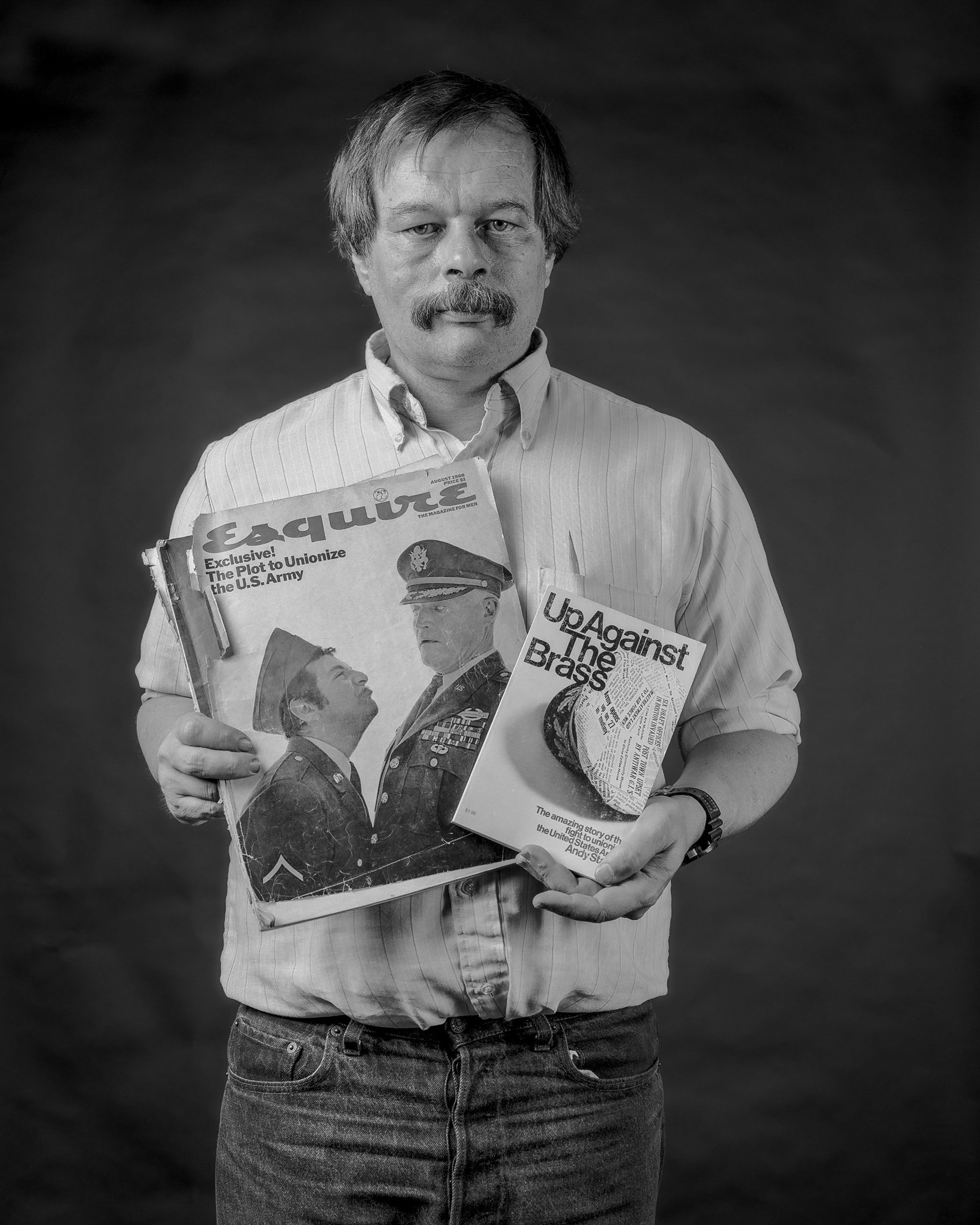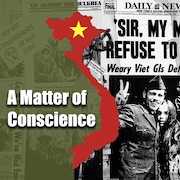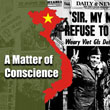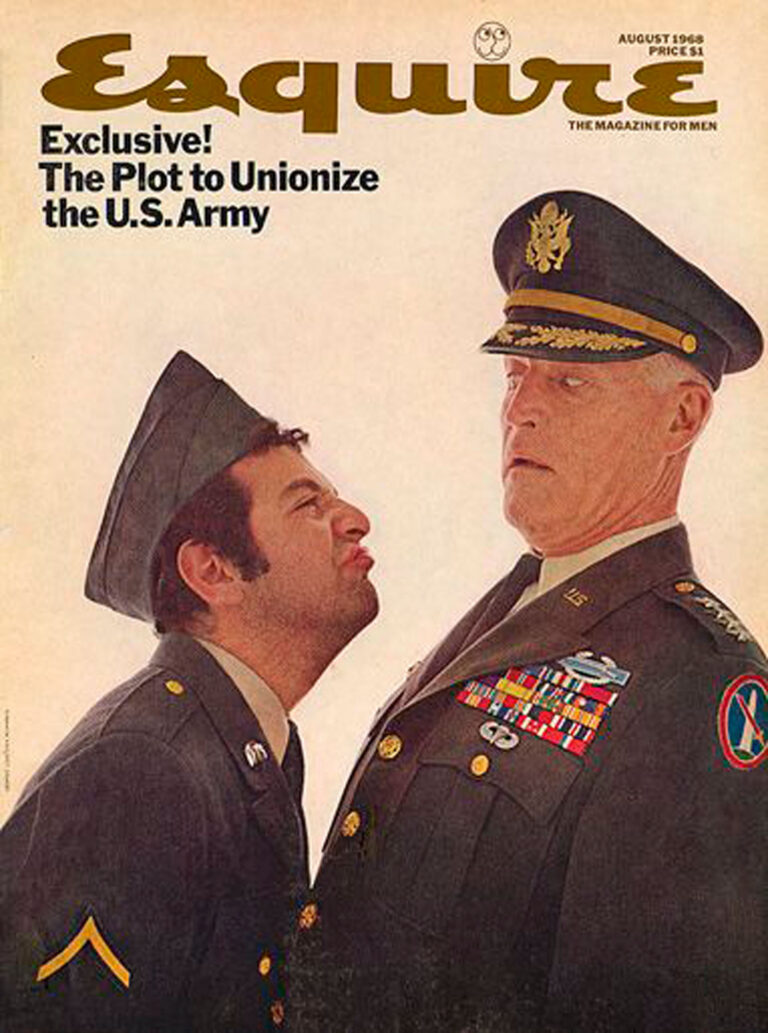
In 1965 four of us burned our draft cards and got booted out of Penn State. I remember feeling that the U.S. was committing war crimes and a draft card was like a South African pass card by the very fact they said you could get five years in jail for burning it … a piece of paper. I wanted to go in the Army — to organize it.
At some point in training the Army figured out I had burned my draft card and was a left-wing radical. They thought I should have my own room, but they couldn’t give a private his own room. That’s only for officers. You just can’t isolate somebody in the Army, it’s all collective labor. So they put guys around me they thought were the most Army type. Well, they were just the first two guys won over. And together we had a lot of success in the barracks, putting up anti-war literature everywhere. So much so that the Army went after us to stop it. They figured out all the literature was in this foot locker of mine. This lieutenant came in, took the lock off, and when I came out of the bathroom he was going to order me to empty the locker. Well, another guy saw what happened, and he went and put his lock on it while the lieutenant’s back was turned. And they got this sergeant — who was very anti-war, I knew him well — and this colonel says, “Chop open his locker.” And right in front of the colonel, this sergeant looked over at me like, should I chop it open, is it okay with you? And I say, go ahead, it’s all right. So I was court-martialed for that, disobeying a direct order to open the locker.
I got in touch with the Emergency Civil Liberties Committee. ECLC was set up in the 1950’s because the ACLU wouldn’t defend communists. ECLC sent out a shotgun press release about the court-martial that went to every left-wing group in the country. So a whole bunch of radicals descended on Fort Sill, just to make the Army’s life even more hellish.
The battalion I was in was ordered to Vietnam without me. I just got transferred to another unit. They transferred me a lot. I was court-martialed again and acquitted. So then the Army just said, we’ll charge him with treason; causing or attempting to cause insubordination, disloyalty and refusal to duty among members of the Armed Forces. The trial was on the first day of the Tet Offensive. I remember picking up the paper and seeing that 60 towns were attacked.
It took about two months to really get the trial going. In the meantime we began putting out a newspaper called The Bond. And during Christmas leave I came up to New York and met GIs from nine different bases, and we set up the American Servicemen’s Union. We had ten demands: an end of racism in the Army; the right to refuse illegal orders, like to go fight in Vietnam; rank and file control of court-martial boards; end of saluting and sir-ing of officers; no troops against anti-war demonstrators; right of free political association. Over a five-year period the ASU had 20,000 members, but not more than 10,000 at once. We had ASU chapters on about 100 installations in the U.S. and about 60 ships.
Whatever the verdict was in my treason trial was secret, but it goes up higher to see if it’s confirmed or not. And then I was discharged with about two weeks left to go. This lieutenant drove me to the gate, and he said, “I am happy Private, and I’ll tell you why I’m happy — because I get to be the guy that tells General Brown that you’re no longer in the Army.” He was laughing and he said, “I want to tell you if you step one foot back on this base from this moment, you’ll get six months in prison.”
Archived Material
Podcasts
No posts



